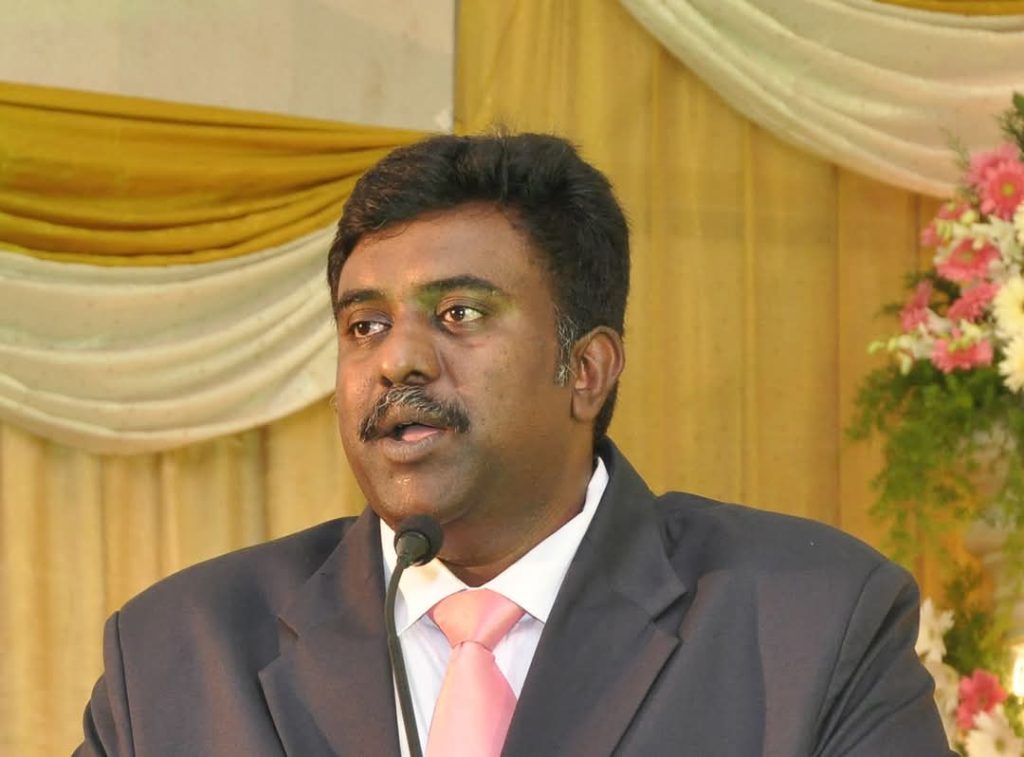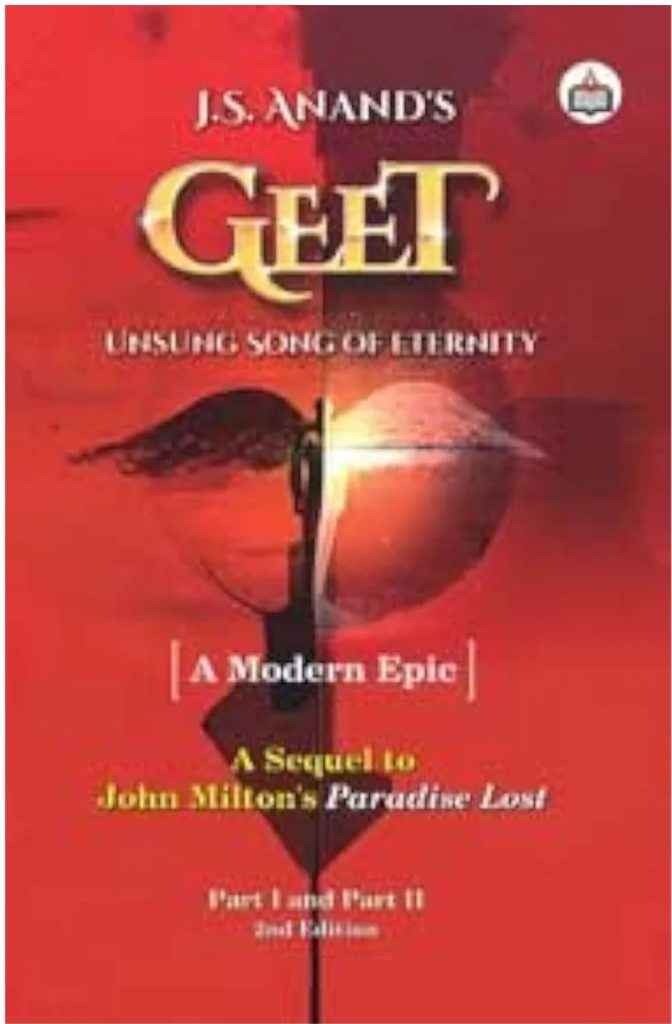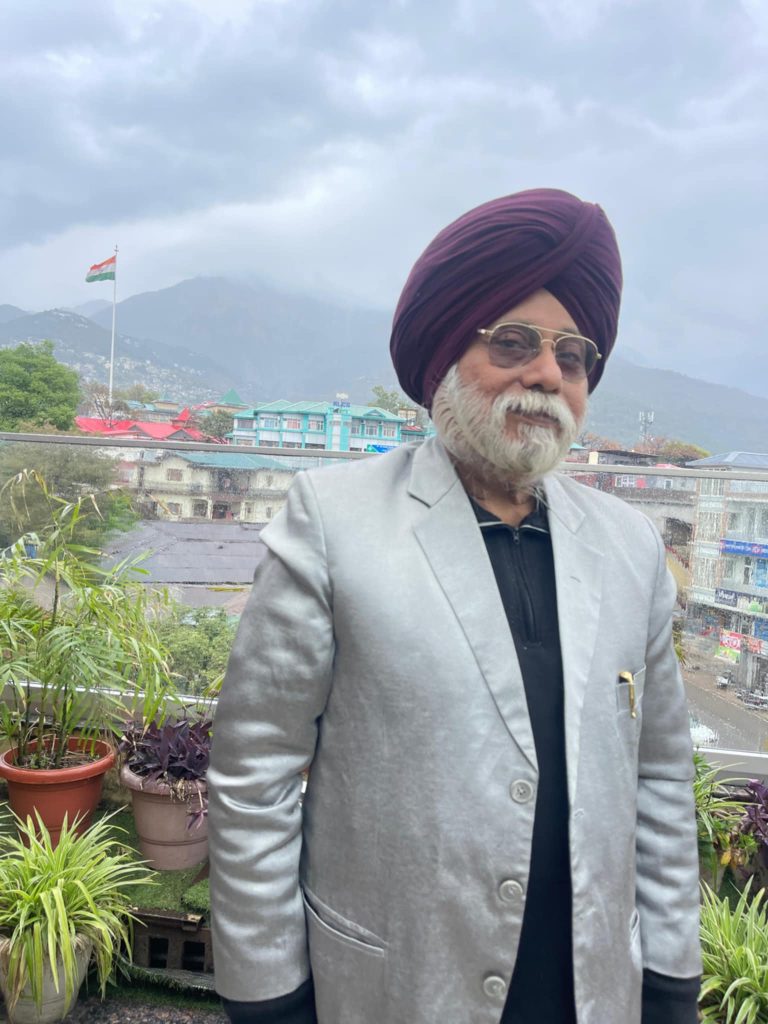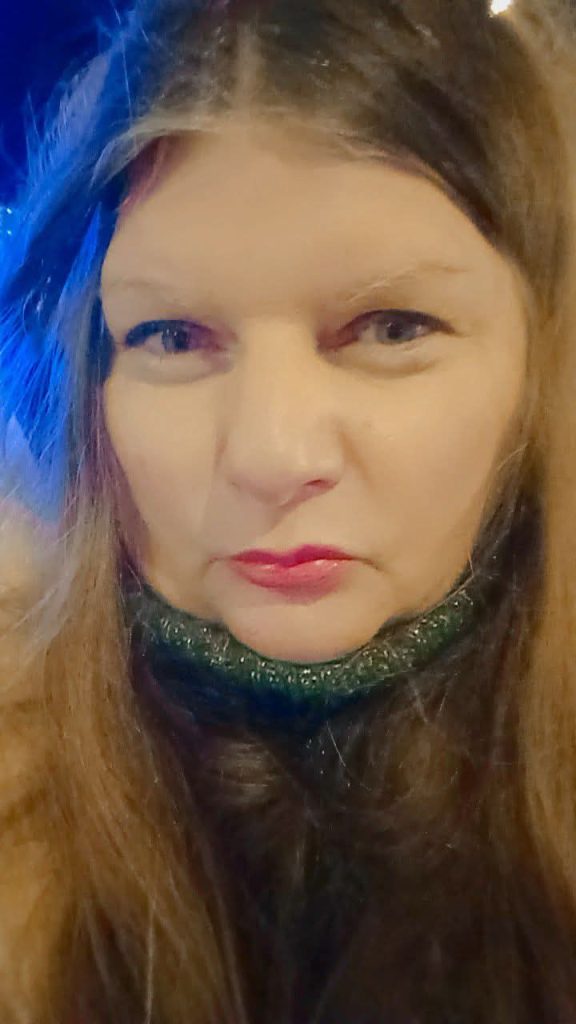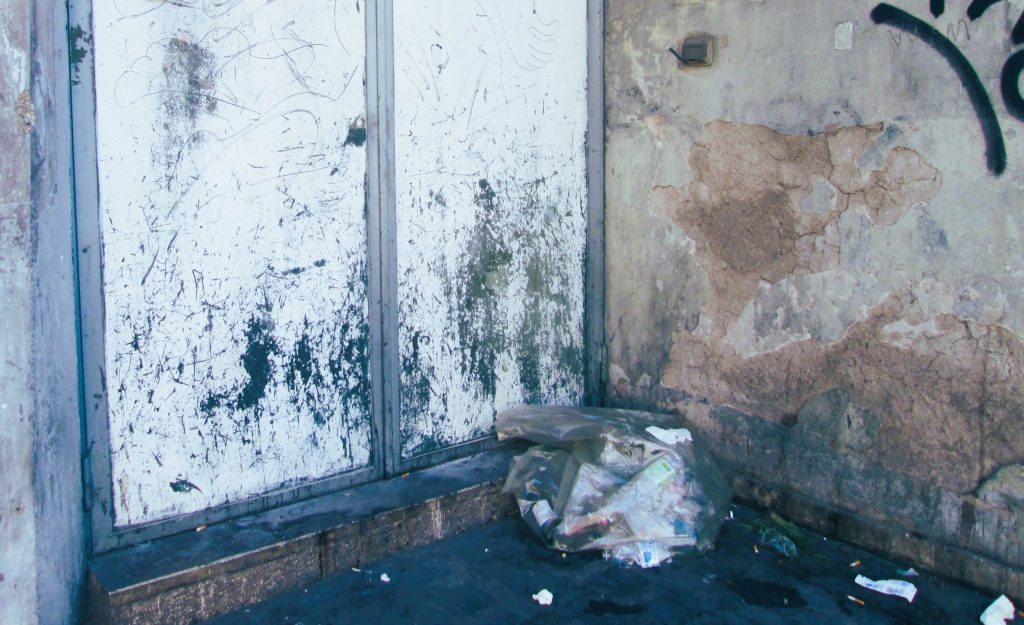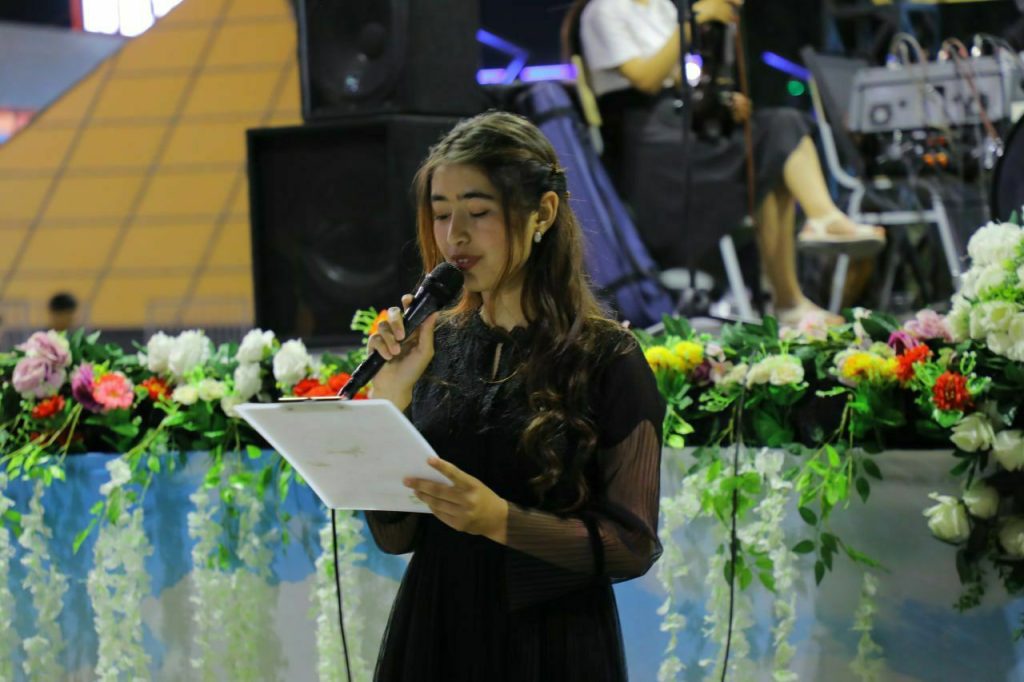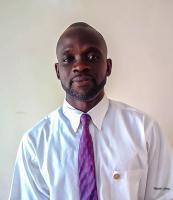Corequake
She has a fiercely possessive feeling
to preserve her originality—
sacredly seated within the quark of a particle,
buried deep in the most intimate part of her core.
Encapsulated and safeguarded
so intimidatingly, so protectively
within its shell—
to prevent even the thinnest fabric of its wisp
from escaping and entering
anyone else’s mind.
The mere thought
of it being infused into the creations
of unborn souls and unformed minds
creates a corequake within her.
But she ferociously pulls
its loosely held, fragmented parts inward—
gravitating them toward the very center,
holding them together
by the unvanishable force
of her integrity.
The Sound of Existence
Silence is not the absence of sound,
for it’s the natural frequency of itself.
To listen to the pure sound of the cosmos,
you must silence the beat of emotions.
Sound embodies the essence of Trimurti—
Brahma, the origin, from whom it emerges.
Vishnu, the flow, through whom it sustains.
Shiva, the vibration, in whom it oscillates.
Sound is the only perceivable form
of blended energies of the Supreme Trinity,
in a world ruled by senses.
And in that moment,
when you sense producing sound,
you understand—
you are nothing but Naadam.
You do not produce it,
it produces you.
You do not carry it,
it carries you.
Naadam transforms you,
manifests through you,
until you dissolve into its source.
That moment is the only reality—
the movement of life itself.
Everything else is an illusion.
Naadam (Nādam) – A Sanskrit term meaning “primordial sound” or “divine resonance.” It represents the cosmic vibration that pervades all existence, and is considered the source of creation in spiritual and musical traditions.
The Reunion
She leaves a layer of her soul
in every place she is intimately attached to
after each visit,
filling its space with her wholesome presence
until she is left with the last sheath.
Every scrape endearingly clings
to the heart of that region,
remaining immovable
until the moment the universe signals
the end of the world—
When the majestic roars of the destructive forces
reverberate,
stirring the layers,
colliding and merging
as all the places unite—
Reshaping her soul into completion,
allowing her to finally witness
the grand apocalypse
she has longed to experience once
before her essence is eternally lost.
Unbound
Her feelings are primitive,
Her thoughts, inventive—
A soul born at the eclipse
of origin and dissolution,
unbound by existence,
indivisible by destruction.
Broken Strings
She exists at two extreme poles of her being
at the same time,
through the mirror of her soul,
hopelessly intertwined
and in sync with each other,
where the lower extreme laughs
to the point of deepest surrender,
and the higher extreme grieves
in the moment of sheer wonder,
shifting their moods
and altering their states frenetically
until they transcend their extremities,
where they react indifferently
and incoherently,
disrupting their qualities
and distorting their identities,
causing intense chaos
that breaks their whole emotional wiring
and makes them irrevocably numb.
Charitha is a mystic poet whose work weaves love, longing, and the mysteries of existence with raw emotion and philosophical depth. Her poetry is instinctive, unfiltered, and deeply tactile—merging the spiritual with the surreal. Unbound by convention, she follows the quiet force of authenticity, where originality is the root of her being.

